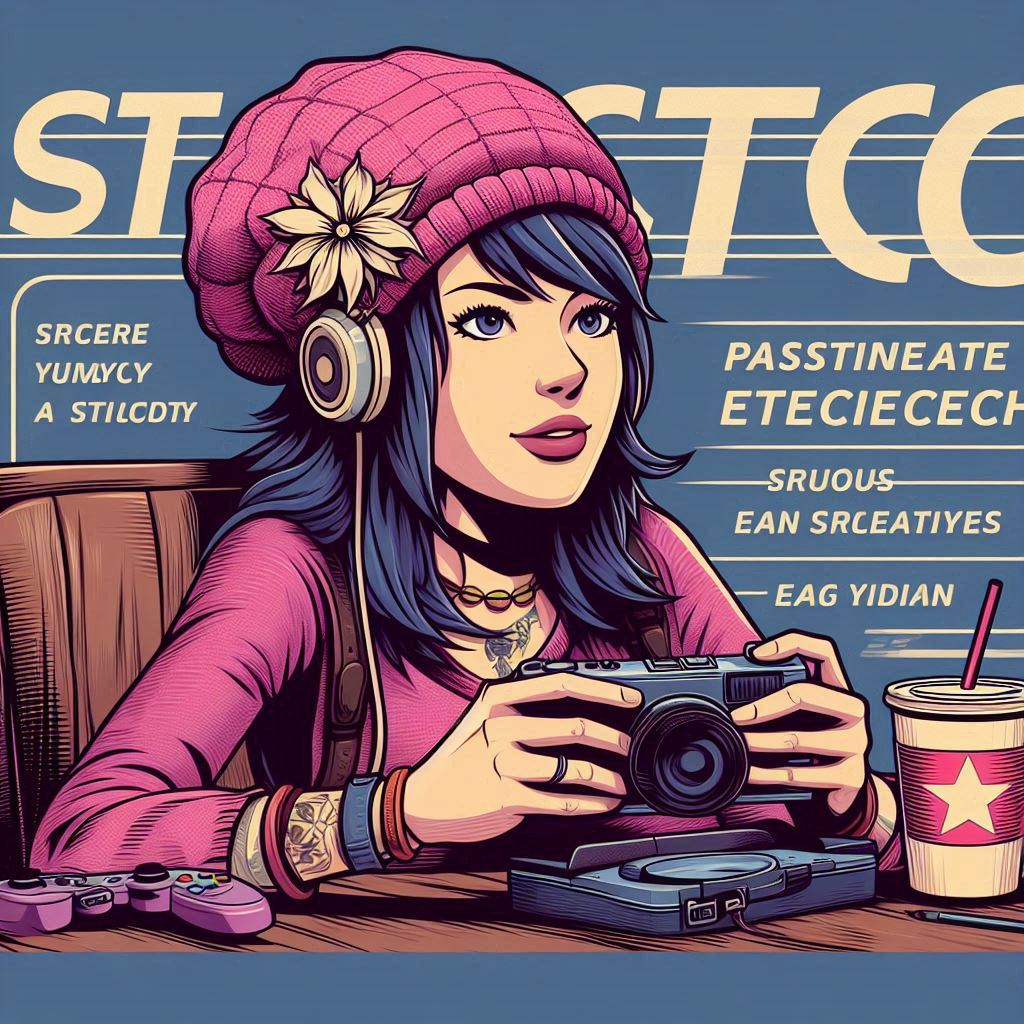In the vast expanse of popular media, certain stereotypes have persisted over time, shaping perceptions and influencing societal norms. One such stereotype is the “crazy wife” trope, which often depicts women in marital relationships as emotionally unstable, irrational, or overly dramatic. A modern embodiment of this stereotype is seen in the character “Stacy,” a name that has become synonymous with the archetype of the “crazy wife” in various narratives. But why has this trope endured, and what does it say about the broader representation of women in media?
The Origins of the “Crazy Wife” Trope
The “crazy wife” stereotype has deep roots in literature and film. From classic novels to contemporary movies and TV shows, the portrayal of women as unhinged or emotionally volatile has been a recurring theme. In the past, this stereotype was often used to justify male dominance, portraying women as incapable of rational thought and therefore needing to be controlled or subdued by their husbands.
The character of Stacy fits neatly into this long-standing tradition. Often depicted as jealous, possessive, or obsessed, Stacy is a character who is driven by her emotions rather than reason. This portrayal is not unique to any one piece of media but has become a kind of shorthand for audiences—a signal that this character is not to be taken seriously, or worse, that she is a threat to the stability of her marriage and household.
The Impact of the Stereotype
While the “crazy wife Stacy” trope might seem like a harmless narrative device, its impact on societal perceptions of women is far from benign. By consistently portraying women in this light, media reinforces the idea that women are inherently more emotional and less rational than men. This, in turn, can influence how women are perceived and treated in real life.
For example, women who express strong emotions or who challenge their partners are often dismissed as “crazy” or “irrational.” This dismissal can have serious consequences, particularly in situations where a woman’s concerns are valid and deserve to be taken seriously. The “crazy wife” stereotype can also perpetuate harmful gender dynamics, where women are expected to suppress their emotions to avoid being labeled as unstable or irrational.
The Appeal of the “Crazy Wife Stacy” Narrative
Despite its negative implications, the “crazy wife Stacy” trope remains popular in media. Part of its appeal lies in its simplicity. It’s an easy way to create drama and tension in a story, and it taps into deep-seated fears and anxieties about relationships. The idea of a wife who is out of control or who becomes a threat to her husband is a potent one, and it has been used in countless stories to great effect.
Additionally, the trope often serves as a kind of wish fulfillment for audiences. By depicting a woman as “crazy,” the narrative allows the male character (and by extension, the audience) to feel superior, more rational, and more in control. It’s a way of reinforcing traditional gender roles, where men are the logical, level-headed ones, while women are the emotional, unpredictable ones.
Challenging the Stereotype
In recent years, there has been a growing awareness of the harm caused by stereotypes like the “crazy wife Stacy” trope. Some creators have begun to challenge this narrative by offering more nuanced portrayals of women in their stories. Instead of relying on the trope, these creators explore the complexities of their female characters, showing them as fully realized individuals with their own motivations, desires, and struggles.
For example, some modern narratives have flipped the script on the “crazy wife” trope by revealing that the husband’s behavior is actually the source of the wife’s distress. In these stories, the wife’s actions are not irrational but are a response to the husband’s manipulation, neglect, or abuse. This shift in perspective allows for a more empathetic and realistic portrayal of the wife’s experience, challenging the audience to question their assumptions and consider the underlying issues at play.
Moving Beyond Stereotypes
While the “crazy wife Stacy” trope is unlikely to disappear overnight, there is hope that its influence will diminish as audiences demand more complex and authentic representations of women in media. By challenging these stereotypes and offering alternative narratives, creators can help to shift societal perceptions and promote a more equitable and accurate portrayal of women.
In the end, the story of “crazy wife Stacy” is not just about one character or one trope—it’s about the broader issue of how women are represented in media and how those representations shape our understanding of gender and relationships. By moving beyond simplistic stereotypes, we can create a more inclusive and diverse media landscape, where all individuals are seen and valued for who they truly are.
